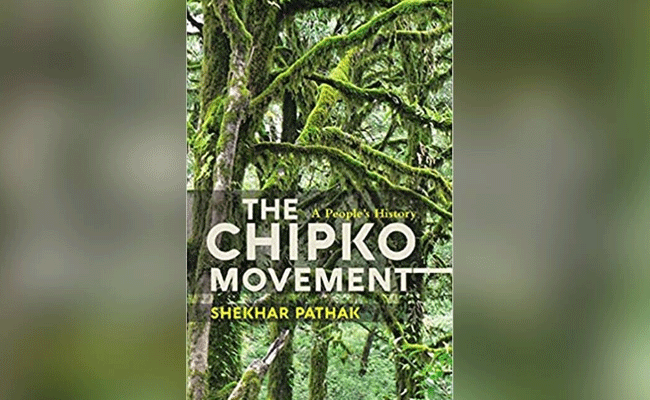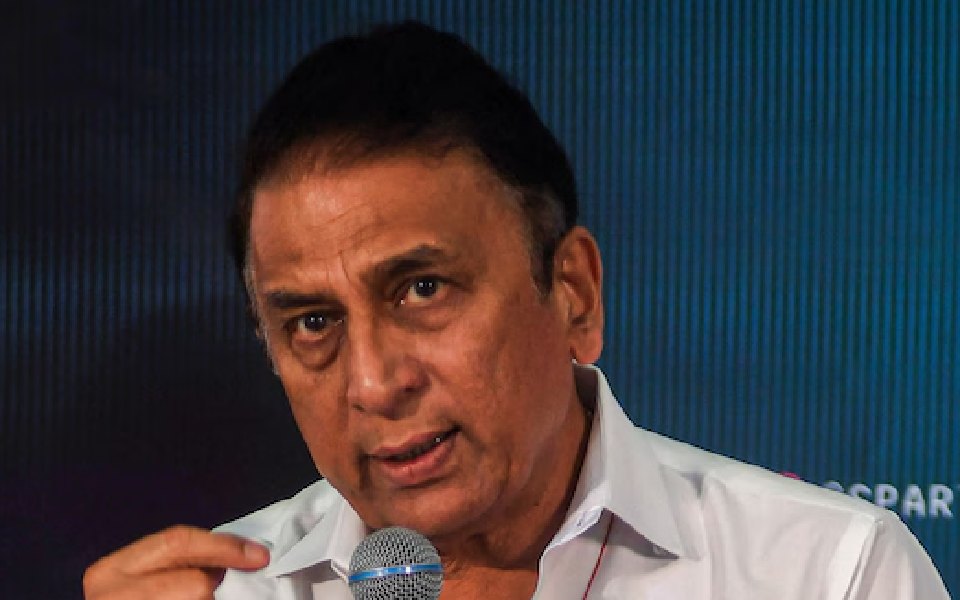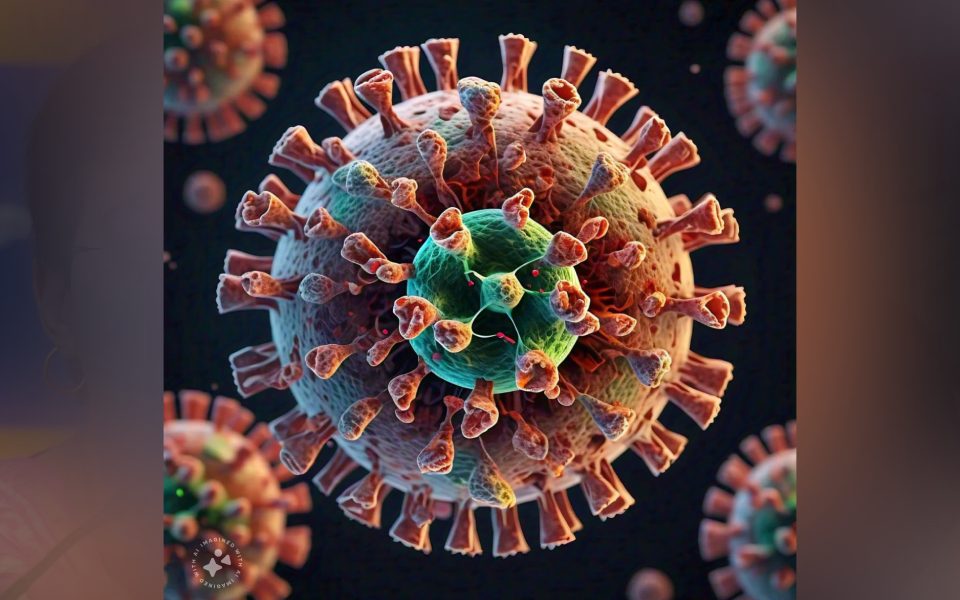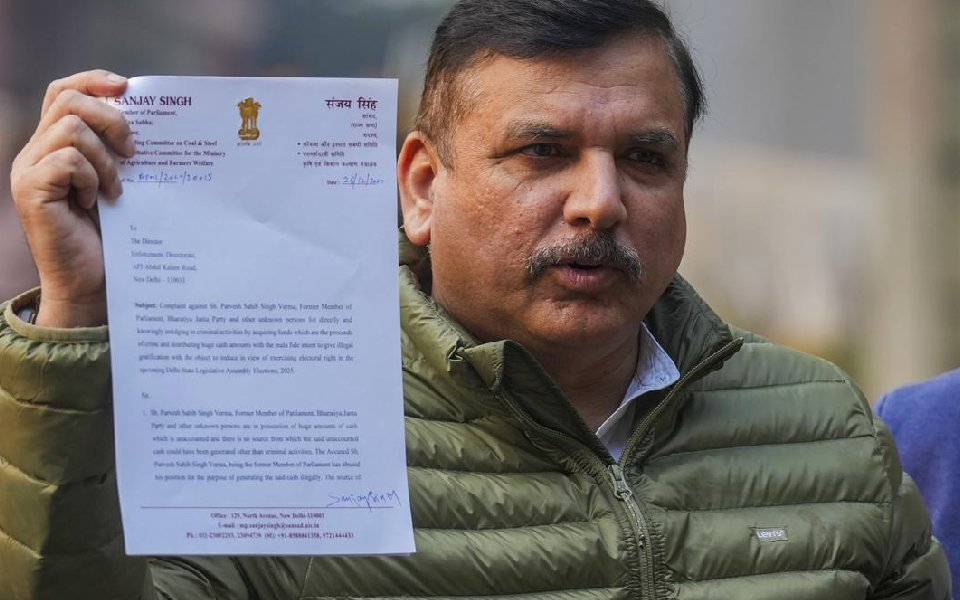Bengaluru (PTI): A book on the popular forest conservation campaign Chipko Movement, written by historian-activist Shekhar Pathak, was on Thursday named the winner of the Kamaladevi Chattopadhyay NIF Book Prize 2022.
Translated from Hindi by Manisha Chaudhry, "The Chipko Movement: A People's History" was selected from a diverse shortlist of five books covering a wide expanse of modern Indian history and encompassing distinct topics and perspectives.
The other shortlisted books were "Accidental Feminism: Gender Parity and Selective Mobility Among India's Professional Elite" by Swethaa S Ballakrishnen; "Whole Numbers and Half Truths: What Data Can and Cannot Tell Us About Modern India" by Rukmini S; "Midnight's Borders: A People's History of Modern India" by Suchitra Vijayan; and "Born a Muslim: Some Truths about Islam in India" by Ghazala Wahab.
The Kamaladevi Chattopadhyay NIF Book Prize recognises and celebrates excellence in non-fiction writings on modern or contemporary India by writers from all nationalities. It carries a cash award of Rs 15 lakh, a trophy and a citation.
The winner was selected by a six-member jury panel chaired by political scientist Niraja Gopal Jayal. The other jury members were entrepreneur Manish Sabharwal; historians Srinath Raghavan and Nayanjot Lahiri; former diplomat Navtej Sarna; and attorney Rahul Matthan.
On the winning entry, the jury said, "This is the definitive history of the Chipko movement by a scholar who has practically lived it. It is fitting that a book that tells the story of a movement through the eyes of the local communities, especially women, should be as readable as this one is."
"Translated from the Hindi by Manisha Chaudhry, Shekhar Pathak's book is a salutary reminder of the transformative, and not just an important work of history but one that speaks to the contemporary moment and its twin crises of ecology and democracy," it added.
In India, modern environmentalism was inaugurated by the Chipko Movement, which began in 1973. Because it was led by Gandhians, included women participants, occurred in "spiritual" Himalayan regions, and used innovatively non-violent techniques of protest, it attracted international attention.
It also led to a major debate on Indian forest policy and the destructive consequences of commercialisation. Because of Chipko, clear-felling was stopped and India began to pay attention to the needs of an ecological balance which sustained forests and the communities within them.
In academic and policy-making circles it fuelled a wider debate on sustainable development - on whether India could afford to imitate the West's resource-intensive and capital-intensive ways of life.
Chipko's historians have hitherto focused on its two major leaders, Chandi Prasad Bhatt and Sunderlal Bahuguna. The voices of "subalterns" - ordinary men and women such as Gaura Devi who made Chipko what it was - have not been recorded.
Pathak has lived in their valleys, studied the landscapes, talked to protesters and communities, and trawled local newspapers of the time. He shows that in leadership and ideology Chipko was diverse and never a singular Gandhian movement.
Established in 2018, the Kamaladevi NIF Book Prize builds on the New India Foundation's mission of sponsoring high-quality research and writing on all aspects of Independent India. The Book Prize celebrates high-quality, non-fiction literature by emerging writers from all nationalities, published in the previous calendar year.
The prize is named after Kamaladevi Chattopadhyay, the institution-builder who had contributed significantly to the freedom struggle, to the women's movement, to refugee rehabilitation and to the renewal of handicrafts.
Previous winners of the prize are Milan Vaishnav (2018), Ornit Shani (2019), Amit Ahuja and Jairam Ramesh (jointly, 2020), and Dinyar Patel (2021).
Let the Truth be known. If you read VB and like VB, please be a VB Supporter and Help us deliver the Truth to one and all.
Itanagar (PTI): More than 500 gm of heroin, 7 kg of cannabis and other narcotic substances have been seized and 91 people arrested by Naharlagun Police in Arunachal Pradesh in 2024, a police statement said. The success was achieved under 'Operation Dawn' launched by Naharlagun Police, Naharlagun Superintendent of Police Mihin Gambo said in a statement on Saturday.
Naharlagun is located close to state capital Itanagar.
"Police seized 588.42 gm of heroin, 7,042.5 gm of cannabis, 48 gm of Lorazepam and 233.81 gm of Morphine from various peddlers. A total of 41 NDPS cases were registered during the year and 91 peddlers arrested," the SP said.
"The efforts led to a noticeable improvement compared to the previous year, as more cases were detected, and stricter action was taken against drug peddlers. These actions also resulted in the confiscation of a significantly larger quantity of contraband substances, demonstrating the effectiveness of the initiative," Gambo said.
The crackdown on drug-related offences has had a far-reaching impact on the overall crime scenario in the region, he said.
Many thefts and burglaries, which were often linked to individuals struggling with drug addiction, have seen a sharp decline, the SP said.
As many as 152 cases of theft and burglaries were registered in various police stations in the district last year, he added.
In addition to enforcement, the police carried out extensive awareness campaigns under Operation Dawn.
The campaigns were organised across schools, colleges, and rehabilitation centres, aiming to educate young people about the dangers of drug abuse, the SP said.
The initiatives inspired many individuals battling addiction to seek help and begin de-addiction programme at rehabilitation facilities, Gambo added.
"Operation Dawn has not only curbed the supply of illegal drugs but also prevented countless young people from falling into addiction. The combined efforts of the police and the community have played a pivotal role in creating a safer and more secure environment in the region," he said.
Gambo expressed his heartfelt gratitude to the residents of Naharlagun for their consistent support and cooperation.
He highlighted the crucial role of community involvement in the fight against drug abuse and urged everyone to continue working together as the police prepare to launch Operation Dawn 2.0 this year.
The upcoming phase aims to build on the successes of the past year and deliver even greater results in the ongoing battle against drugs and crime, he added.





